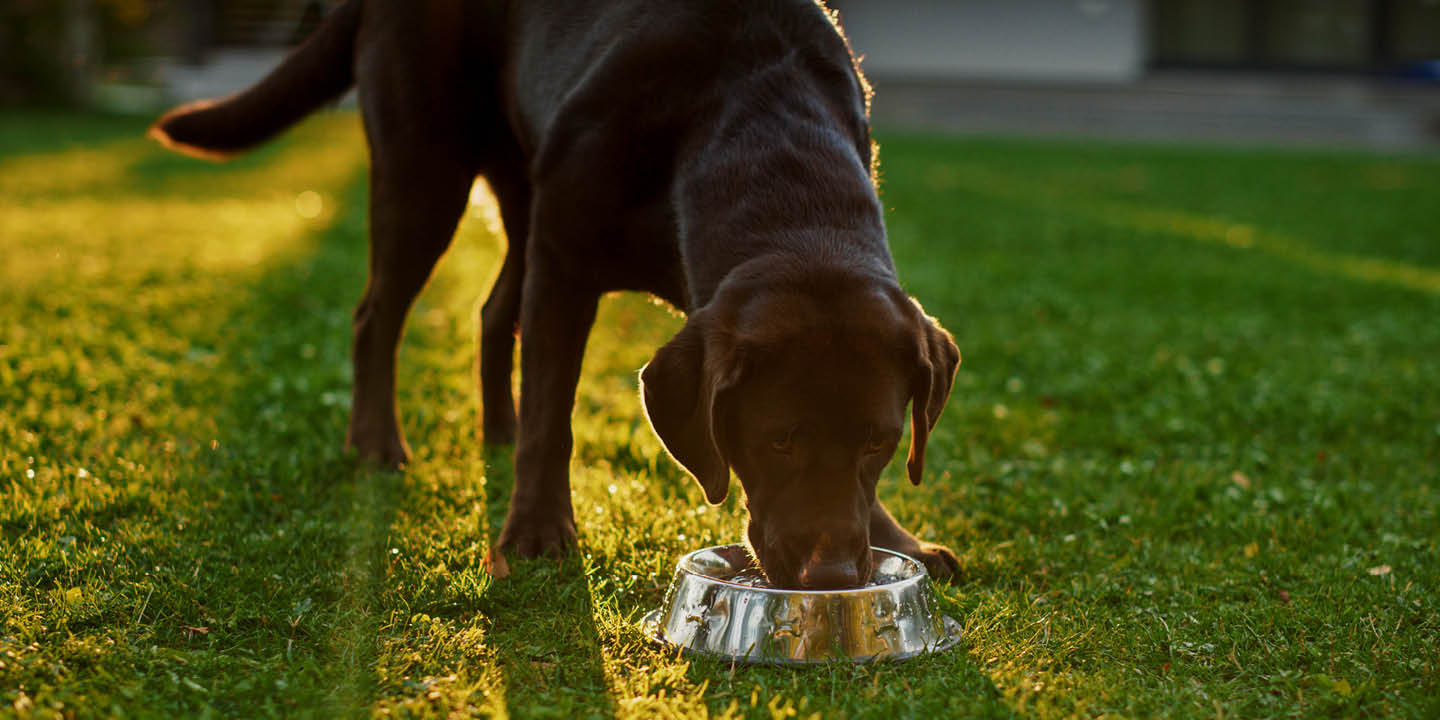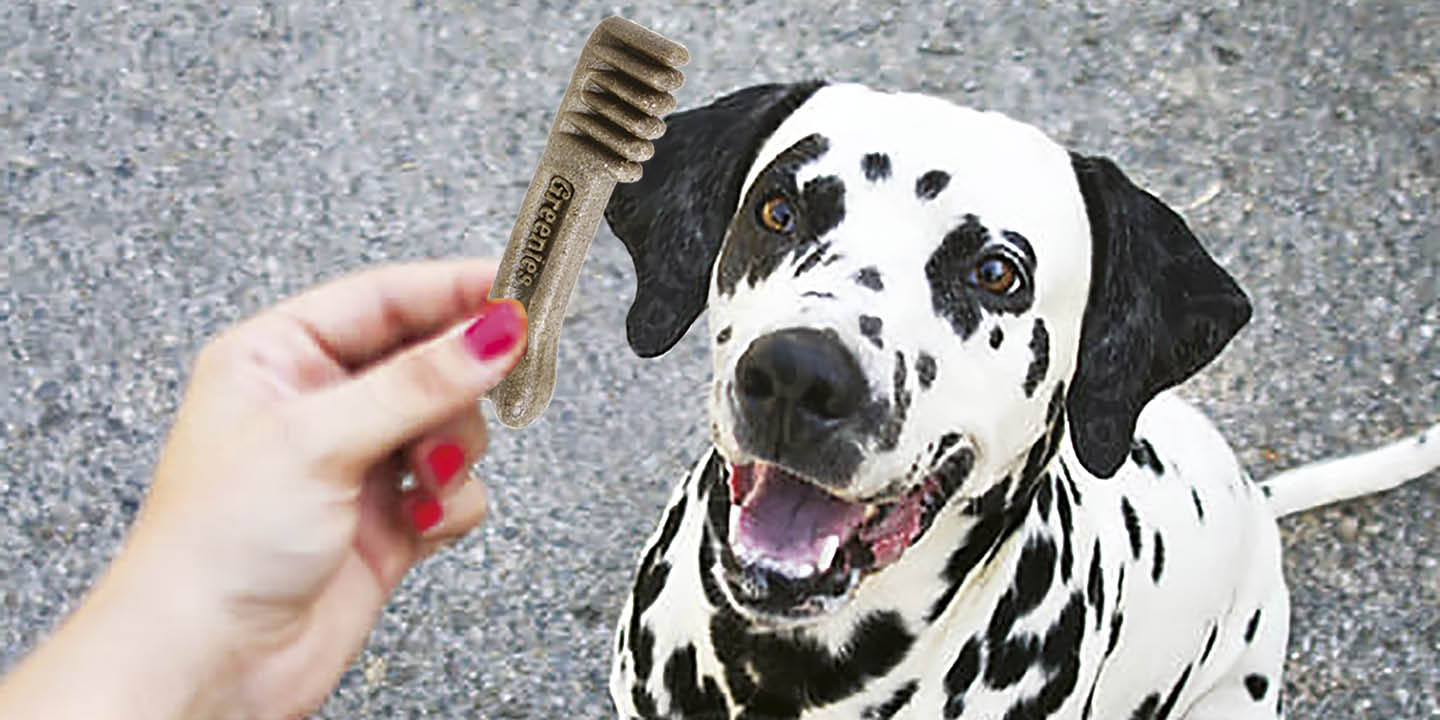
Nutrition matters for senior pets
Getting the right mix of nutrients for our pet’s age and health can make a huge difference to their quality of life.

While many people believe that bad breath is normal for their furry friends, it can be an indication of dental disease.
The Animates Vetcare team have compiled facts on dental hygiene in cats and dogs.
Dental disease, is inflammation of the teeth and gums caused by the build-up of plaque and tartar. Plaque is made up of food particles, saliva and bacteria, which sticks to the surface of the tooth and if not removed it will calcify into tartar and progress from there.
This takes place above and below the gum line and over time can lead to the destruction of the supporting tissue of the teeth including the bone, resulting in bad breath, oral pain and loss of teeth.

Dental disease is very common and is the leading cause of early tooth loss in cats and dogs. If left untreated, and the dental disease advances, it can contribute to heart, liver and kidney problems.
The good news is, in most cases, this disease is preventable with regular dental examinations and the appropriate ongoing dental care by you and your veterinary care team at Animates Vetcare.
There are a number of signs that can alert you to the possibility that your pet is living with dental disease.

Dental disease is insidious and progressive. As our pet’s age and the disease progresses it becomes harder and more costly to treat.


Regular health checks will help to identify any development of dental disease and will allow your veterinarian to discuss the best management plan for your pet. For adult cats and dogs with existing dental disease, a dental treatment with a scale and polish under general anaesthetic is often necessary to get their mouth back into top condition. This will allow us to start preventative measures with a clean mouth and prevent, or slow down, dental disease developing again in the future.
Introducing vet diets, in particular dental diets that can significantly reduce the development of tartar.
Some chewy treats are also specifically designed to reduce tartar, promote healthy gums and freshen breath.
If your pet is calm and relaxed, daily brushing of their teeth with a specially designed pet toothbrush and pet toothpaste is also very beneficial.
For more information about how to keep your pet’s teeth healthy talk to your local Animates Vetcare team.


Getting the right mix of nutrients for our pet’s age and health can make a huge difference to their quality of life.